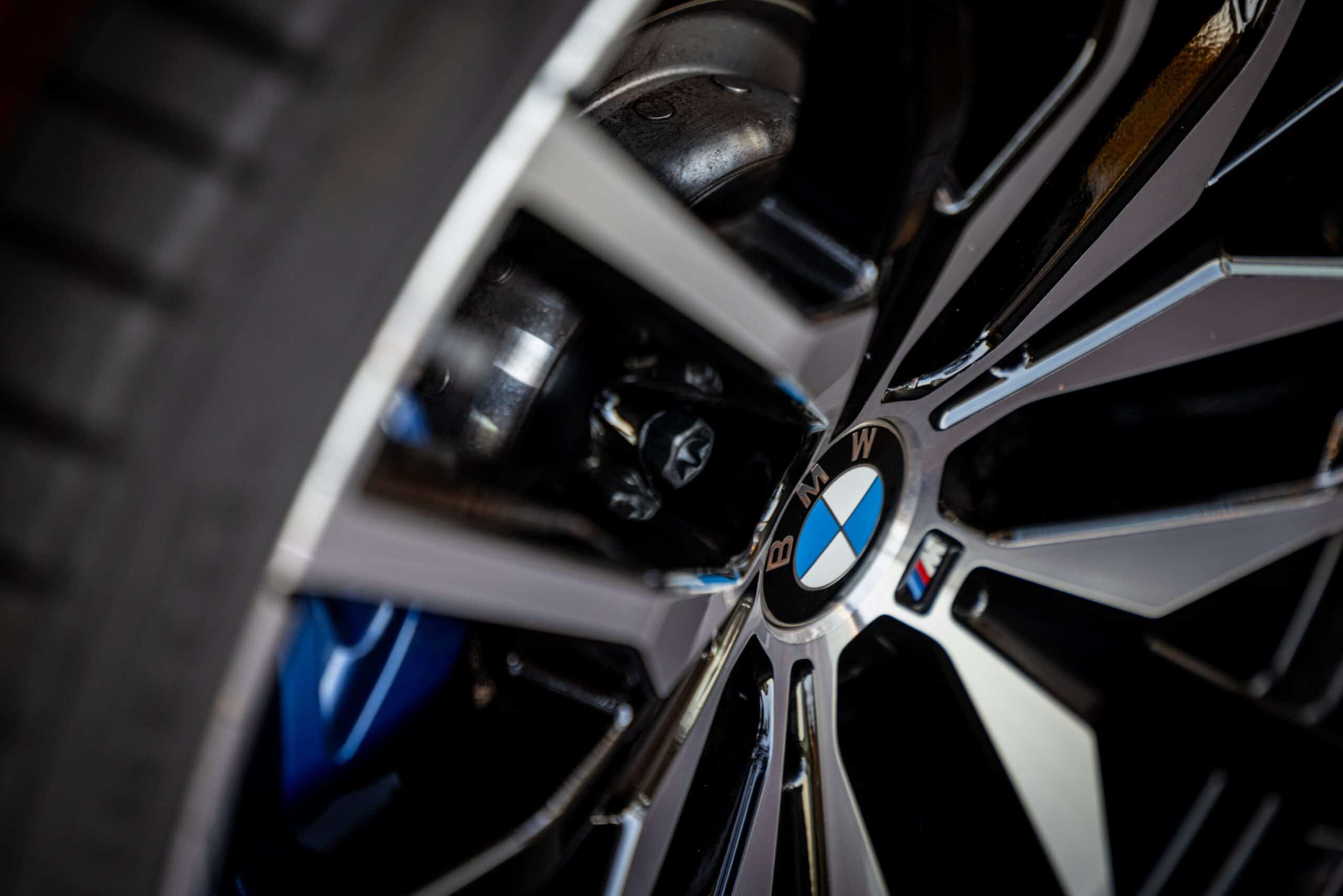As previously reported, hundreds of thousands of BMWs have problems with the integrated braking system. However, the number of units with a faulty IBS provided by a supplier is much higher than previously believed. In a new press release, the German luxury marque admits there are issues with more than 1.5 million vehicles worldwide. Having to fix these cars will cost them “a high three-digit million amount.”
BMW doesn’t use the term “recall” but rather “technical actions” that must be taken to address the problem. It’s an issue not just with cars already delivered to customers but also with vehicles that have yet to be shipped to their rightful owners. In other words, the Munich-based automaker has stopped deliveries of affected units.
But what is the integrated braking system anyway? IBS refers to combining the brake actuation, braking force assistance, and brake control functions into a single module. An electric actuator triggers the necessary brake pressure. Doing so makes the driving stability control (DSC) system intervene quicker and more precise.
In addition, the pedal feel stays the same even if the road is wet or when the brakes are running hot. It also automatically adapts the deceleration power even when there’s strong lateral acceleration. IBS can be found in BMWs as small as the X1 and as large as the X7 or XM.
BMW had been expecting to deliver slightly more cars in 2024 than the year before. As a refresher, it shipped a record 2,253,835 vehicles worldwide in 2023. However, in light of the delivery stops for vehicles impacted by the problematic IBS, it now projects sales will likely decrease a bit compared to 2023 levels. Another reason why this year’s performance is unlikely to be better has to do with an “ongoing muted demand in China.”
Consequently, the earnings before interest and taxes (EBIT) margin is now expected at 6% to 7% instead of 8% to 10%. The Return on Capital Employed is estimated at 11% to 13% rather than 15% to 20%. In case you’re unfamiliar with the term, ROCE is a profitability ratio. It measures how the capital is used to make a profit.
Source: BMW






















































